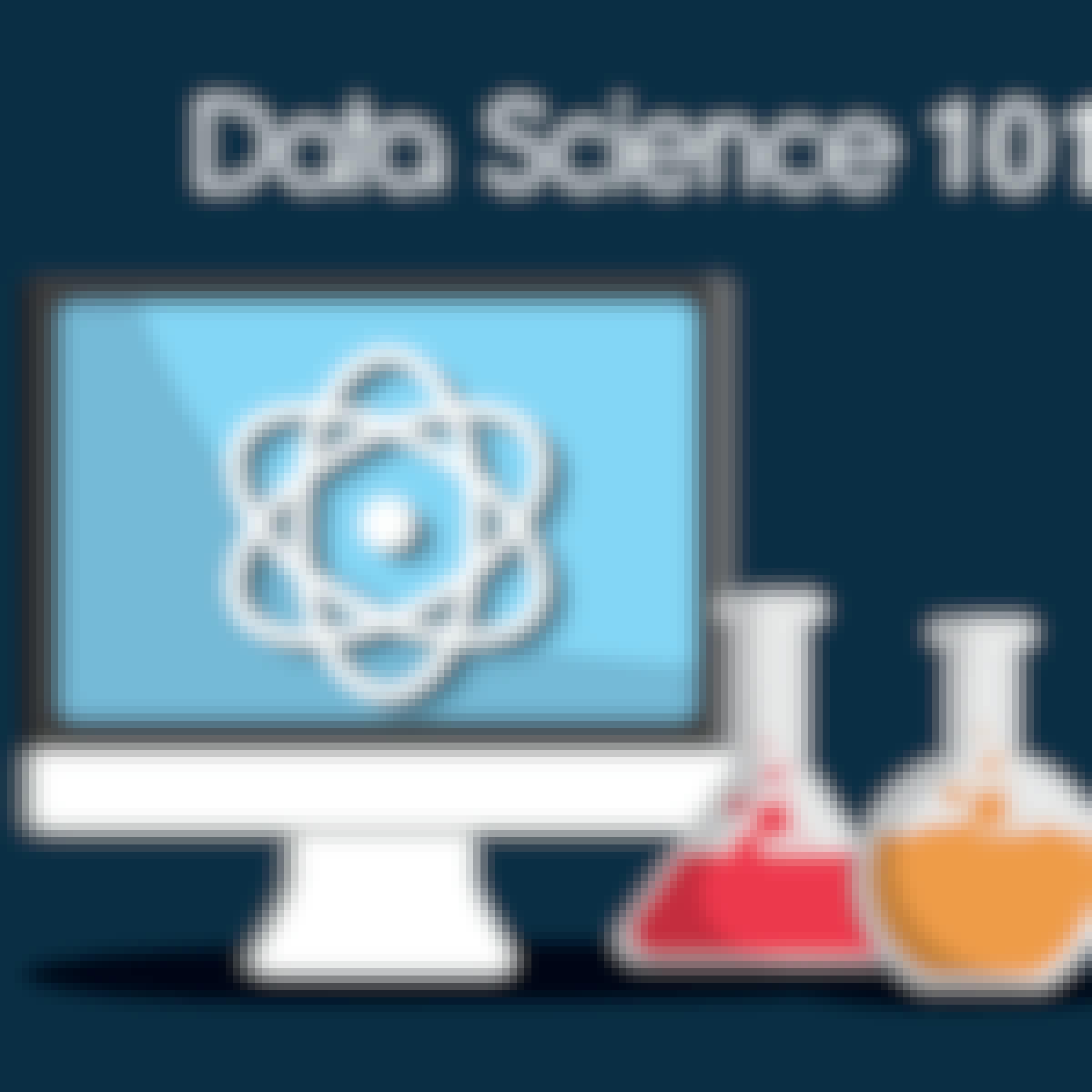Filter by
SubjectRequired
LanguageRequired
The language used throughout the course, in both instruction and assessments.
Learning ProductRequired
LevelRequired
DurationRequired
SkillsRequired
SubtitlesRequired
EducatorRequired
Explore the Web Technologies Course Catalog
 Status: Free Trial
Status: Free TrialSkills you'll gain: Prompt Engineering, Generative AI, ChatGPT, Large Language Modeling, Data Ethics, OpenAI, Artificial Intelligence, Software Development Tools, Software Testing, Test Automation, Software Development, DevSecOps, Application Security, CI/CD, Natural Language Processing, Code Review, Program Development, Software Architecture, Content Creation, Image Analysis
 Status: NewStatus: Free Trial
Status: NewStatus: Free TrialSkills you'll gain: Prompt Engineering, Generative AI, ChatGPT, Digital Advertising, Email Marketing, OpenAI, Digital Marketing, Marketing Automation, AI Personalization, Marketing Analytics, Advertising Campaigns, Marketing, Marketing Strategies, Content Creation, Keyword Research, Search Engine Optimization, Large Language Modeling, Artificial Intelligence, Copywriting, Image Analysis
 Status: Free Trial
Status: Free TrialSkills you'll gain: CI/CD, Istio, Open Web Application Security Project (OWASP), Continuous Integration, Software Development Life Cycle, Software Architecture, Linux Commands, Agile Software Development, Unit Testing, Cloud Computing Architecture, Application Deployment, Test Driven Development (TDD), Gherkin (Scripting Language), Jenkins, Kubernetes, Bash (Scripting Language), DevOps, Git (Version Control System), Jupyter, Grafana
 Status: Free Trial
Status: Free TrialMultiple educators
Skills you'll gain: Network Security, Incident Response, Cloud Computing Architecture, Penetration Testing, Computer Security Incident Management, Cloud Services, Security Controls, Business Continuity, Disaster Recovery, Information Assurance, Peripheral Devices, Cybersecurity, Configuration Management, Computing Platforms, Cloud Security, Cloud Technologies, Cloud Infrastructure, Network Troubleshooting, Cloud Platforms, Cloud Hosting
 Status: Free Trial
Status: Free TrialSkills you'll gain: Color Theory, Typography, Graphic and Visual Design, Design, Web Content Accessibility Guidelines, Design Elements And Principles, Graphic Design, Innovation, Creativity, Adobe Creative Cloud, Logo Design, Style Guides, User Experience Design, Content Creation
 Status: Free Trial
Status: Free TrialUniversity of Virginia Darden School Foundation
Skills you'll gain: Strategic Thinking, Digital Transformation, Business Strategy, Cloud Computing Architecture, Competitive Analysis, Cloud Services, Large Language Modeling, Artificial Intelligence, Business Transformation, Cloud Security, Cloud Technologies, Cloud Infrastructure, Big Data, Cloud Platforms, Data Analysis, Statistical Analysis, Cloud Hosting, Generative AI, Product Lifecycle Management, Business Technologies
 Status: NewStatus: Free Trial
Status: NewStatus: Free TrialMicrosoft
Skills you'll gain: Web Development, Flask (Web Framework), Restful API, Selenium (Software), Front-End Web Development, Web Applications, Full-Stack Web Development, Secure Coding, Object-Relational Mapping, JavaScript Frameworks, Application Security, Application Deployment, Cloud Applications, HTML and CSS, Back-End Web Development, Databases, Application Programming Interface (API), Microsoft Azure, Vue.JS, Relational Databases
 Status: Free Trial
Status: Free TrialSkills you'll gain: React Native, Prompt Engineering, HTML and CSS, Software Development Life Cycle, iOS Development, Flutter (Software), Software Architecture, Swift Programming, Apple Xcode, Mobile Development, Android Studio, User Centered Design, Android Development, Apple iOS, React Redux, Git (Version Control System), GitHub, Mobile Development Tools, React.js, AI Personalization
 Status: Free Trial
Status: Free TrialSkills you'll gain: Data Literacy, Data Mining, Big Data, Cloud Computing, Data Analysis, Data Science, Digital Transformation, Data-Driven Decision-Making, Deep Learning, Machine Learning, Artificial Intelligence
 Status: Free Trial
Status: Free TrialSkills you'll gain: SQL, Web Scraping, Database Design, MySQL, Data Transformation, Data Store, Extract, Transform, Load, IBM DB2, Relational Databases, Data Architecture, Jupyter, Data Pipelines, Big Data, Data Warehousing, Data Governance, Databases, Stored Procedure, Data Manipulation, Automation, Python Programming
 Status: Free Trial
Status: Free TrialSkills you'll gain: Cloud Computing Architecture, Cloud Services, Peripheral Devices, Cybersecurity, Computing Platforms, Cloud Security, Cloud Technologies, Cloud Infrastructure, Network Troubleshooting, Encryption, Data Storage, Cyber Attacks, Software Development Life Cycle, Technical Support, Networking Hardware, Application Development, Computer Hardware, Information Technology, Cloud Computing, Databases
 Status: Free Trial
Status: Free TrialSkills you'll gain: Prompt Engineering, Generative AI, ChatGPT, OpenAI, Data Ethics, Large Language Modeling, Leadership and Management, Business Leadership, Strategic Leadership, Business Ethics, Legal Risk, IBM Cloud, Google Cloud Platform, Artificial Intelligence, Program Development, Artificial Neural Networks, Business Development, Deep Learning, Content Creation, Business Transformation
In summary, here are 10 of our most popular web technologies courses
- Generative AI for Software Developers: IBM
- Generative AI for Digital Marketing: IBM
- IBM DevOps and Software Engineering: IBM
- IBM and ISC2 Cybersecurity Specialist: ISC2
- Design Fundamentals with AI: Adobe
- IBM & Darden Digital Strategy: University of Virginia Darden School Foundation
- Web Development with Python: Microsoft
- IBM iOS and Android Mobile App Developer: IBM
- What is Data Science? : IBM
- Data Engineering Foundations: IBM










